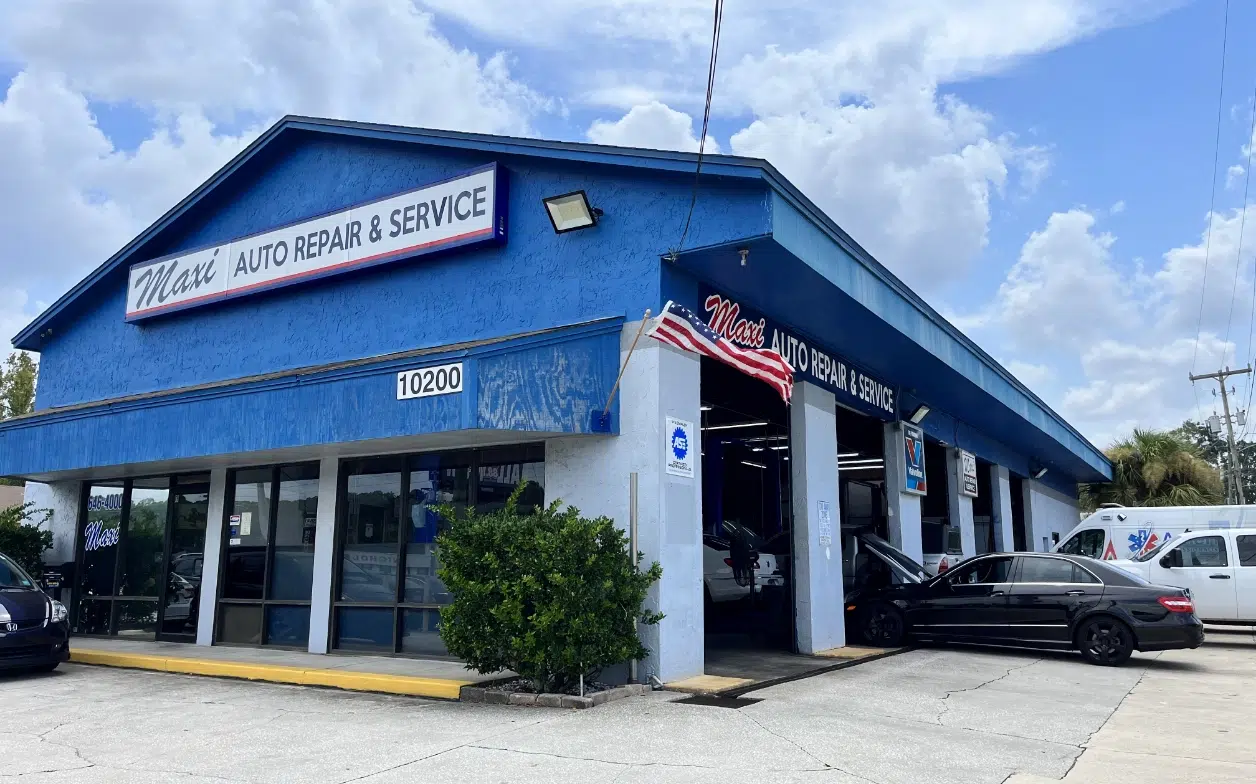All Categories
Featured
Your lorry's brakes are one of the most crucial parts in ensuring your safety and security and the safety and security of others when driving. Normal brake inspections are important to preserving optimum braking efficiency and preventing costly repair work. Whether you're a skilled car owner or a brand-new driver, recognizing brake evaluation guidelines can assist you stay positive concerning maintenance and ensure your vehicle is constantly roadworthy.
- Why Brake Inspections Matter. Brakes undergo consistent wear and tear. The even more you drive, the much more friction your brake pads sustain, at some point causing lowered stopping effectiveness. Without appropriate examination, it's hard to evaluate when your brakes could be in need of repair. Routine brake checks help recognize issues at an early stage, avoiding potential failings that might put you in jeopardy.
A well-maintained brake system makes sure quick, responsive stopping power, especially in emergency situations. It also aids expand the life of your vehicle, as disregarding brake maintenance can cause more serious, pricey issues later.
- Signs You Need a Brake Examination. While it's critical to have your brakes examined regularly, specific signs may show that they require interest. Keep an eye (and ear) out for these caution signals:
Squeaking or Grinding Noises: Uncommon sounds, specifically a high-pitched squeal or grinding sound, commonly imply that your brake pads are put on down. Vibration or Pulsation: If you feel vibrations or a pulsing sensation when pressing the brake pedal, it could be a sign of deformed rotors or uneven brake pad wear. Decreased Brake Responsiveness: If your brakes really feel much less responsive or you have to press the pedal harder to slow down, it may indicate air in the brake lines or reduced brake liquid. Pulling to One Side: If your lorry draws to one side when braking, it might suggest uneven brake pad wear or a brake liquid leakage. Dashboard Warning Lights: Some cars have brake-related warning lights that suggest issues like reduced brake fluid or used brake parts. If you discover any one of these signs and symptoms, it's crucial to have a specialist mechanic carry out a brake assessment immediately.

- What Takes place Throughout a Brake Inspection? Throughout a brake assessment, an auto mechanic will certainly examine a number of essential elements of the braking system to ensure whatever is in working order. Below's what you can anticipate during the procedure:
Brake Pads and Shoes: The auto mechanic will check the density of the brake pads or shoes. If they're also slim, they'll require to be replaced. Brake Rotors: Rotors are the discs that the brake pads press against to slow your cars and truck down. They'll be inspected for any kind of indicators of wear, scoring, or bending. Brake Liquid: Low or polluted brake fluid can impair braking performance. The specialist will certainly check the liquid degree and quality and leading it up or purge it if needed. Brake Lines and Pipes: Brake lines bring liquid from the master cyndrical tube to the brakes. The technician will certainly check for any kind of leaks, splits, or damage to make certain proper fluid flow. Brake Calipers and Wheel Cyndrical Tubes: Calipers and wheel cyndrical tubes push the brake pads against the rotors or drums. The professional will certainly look for wear, leaks, and correct procedure. 4. Exactly how Usually Should You Have Your Brakes Evaluated? The frequency of brake examinations relies on factors like your driving habits, the kind of car you drive, and the atmosphere in which you drive. As a basic guideline, it's a great idea to have your brakes evaluated every 12,000 miles or when a year. However, if you experience any one of the indication stated earlier, it is necessary to obtain your brakes inspected instantly.
For those who often drive in rush hour, mountainous terrain, or rough weather, more regular assessments might be required.
- Importance of Timely Brake Services. When you spot a problem with your brakes, it's necessary to address it right now. Delaying brake repair services can result in more significant damage to your braking system, causing higher repair work prices. In severe cases, ignoring brake problems can bring about complete brake failure, which is a serious safety threat.
By remaining on top of brake maintenance and attending to concerns immediately, you make certain that your brakes proceed to carry out as intended, keeping you and your passengers safe when traveling.
Final Thought: Maintain Your Brakes in Top Forming. Brake assessments are an easy yet essential part of car upkeep. By comprehending the relevance of routine assessments, understanding the indicators of brake problems, and remaining proactive with repair services, you can ensure your vehicle's braking system stays in optimum condition. Regular brake checks give assurance, knowing that your automobile prepares to respond when you require it most. Prioritize brake upkeep-- your safety and security depends on it.
Latest Posts
Bare Bones Furnishings-- Where Simplicity Satisfies Toughness
Streamline Your Life with Stylish Shower Walls
America's Ideal Service warranty-- Defense You Can Trust
